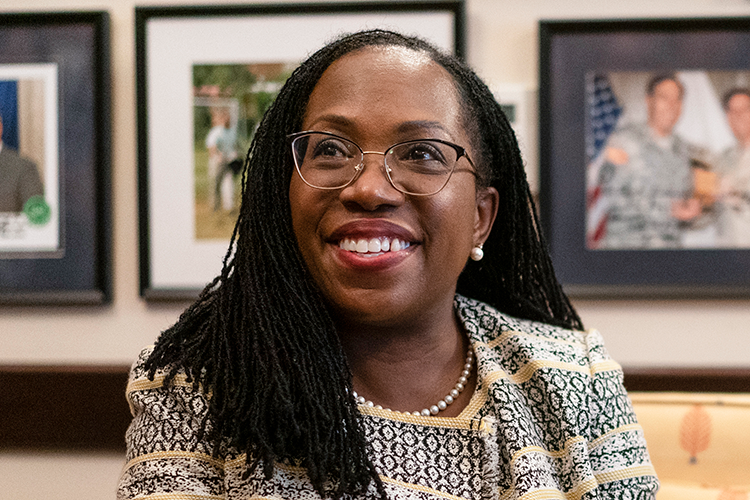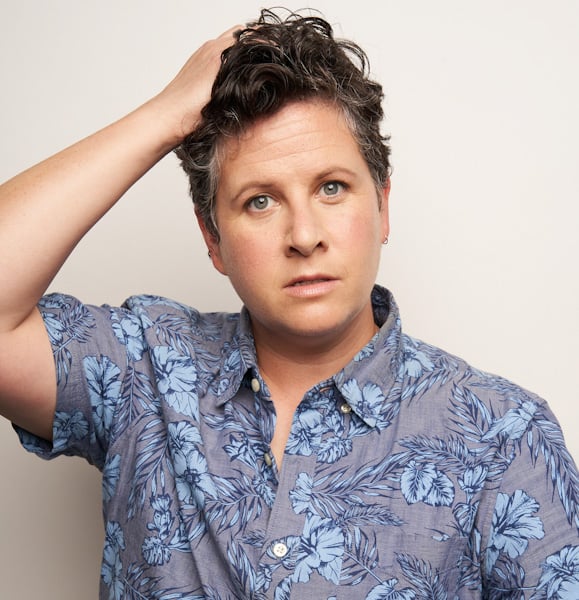Judge Ketanji Brown Jackson gets 'well qualified' rating for SCOTUS by unanimous ABA committee

Judge Ketanji Brown Jackson has been meeting with senators in the run-up to her U.S. Supreme Court nomination hearings. (AP Photo/Carolyn Kaster)
U.S. Supreme Court nominee Ketanji Brown Jackson has received a unanimous “well qualified” rating from the ABA Standing Committee on the Federal Judiciary.
The ABA announced the rating in a press release and letter to the Senate Judiciary Committee on Friday.
The standing committee evaluates federal court nominees on the qualities of integrity, professional competence and judicial temperament. The committee doesn’t consider philosophy, political affiliation or ideology.
The standing committee chair, retired Judge Ann Claire Williams, will appear before the Senate Judiciary Committee on March 24 to testify about the rating.
Well qualified is the committee’s top rating. The other ratings are “qualified” and “not qualified.”
The standing committee gave Jackson a well-qualified rating in April 2021 when it evaluated her for the U.S. Court of Appeals for the D.C. Circuit. It gave her a qualified rating in 2013 when it evaluated her for the U.S. District Court for the District of Columbia.
The standing committee has 15 members consisting of the committee chair, two members within the jurisdiction of the 9th U.S. Circuit Court of Appeals, and one member for each of the other federal circuits. While the internal evaluation materials and reports they produce are confidential, the standing committee has posted a detailed backgrounder for anyone wishing to learn more about its procedures.
The standing committee evaluates all federal court nominees, but its evaluations of Supreme Court nominees “are particularly rigorous,” according to the standing committee. The procedural differences include:
• The primary investigation of a lower court nominee is conducted by a single standing committee member from the judicial circuit in which a vacancy exists. Evaluations of Supreme Court nominees, on the other hand, are conducted by every circuit member. They conduct confidential interviews of people within their circuit who are most likely to have information on the nominee’s qualifications. Typically, hundreds of interviews are conducted for Supreme Court nominees.
• For lower court nominees, a single circuit member evaluates legal writings. For Supreme Court nominees, teams of law professors and practicing lawyers with Supreme Court experience examine legal writings. They look at writing quality and clarity, knowledge of the law and analytical ability.
• Since 1981, investigations of Supreme Court nominees have been conducted after the president submits a nomination or announces a planned nominee. The timing of evaluations for lower court nominees has varied.



